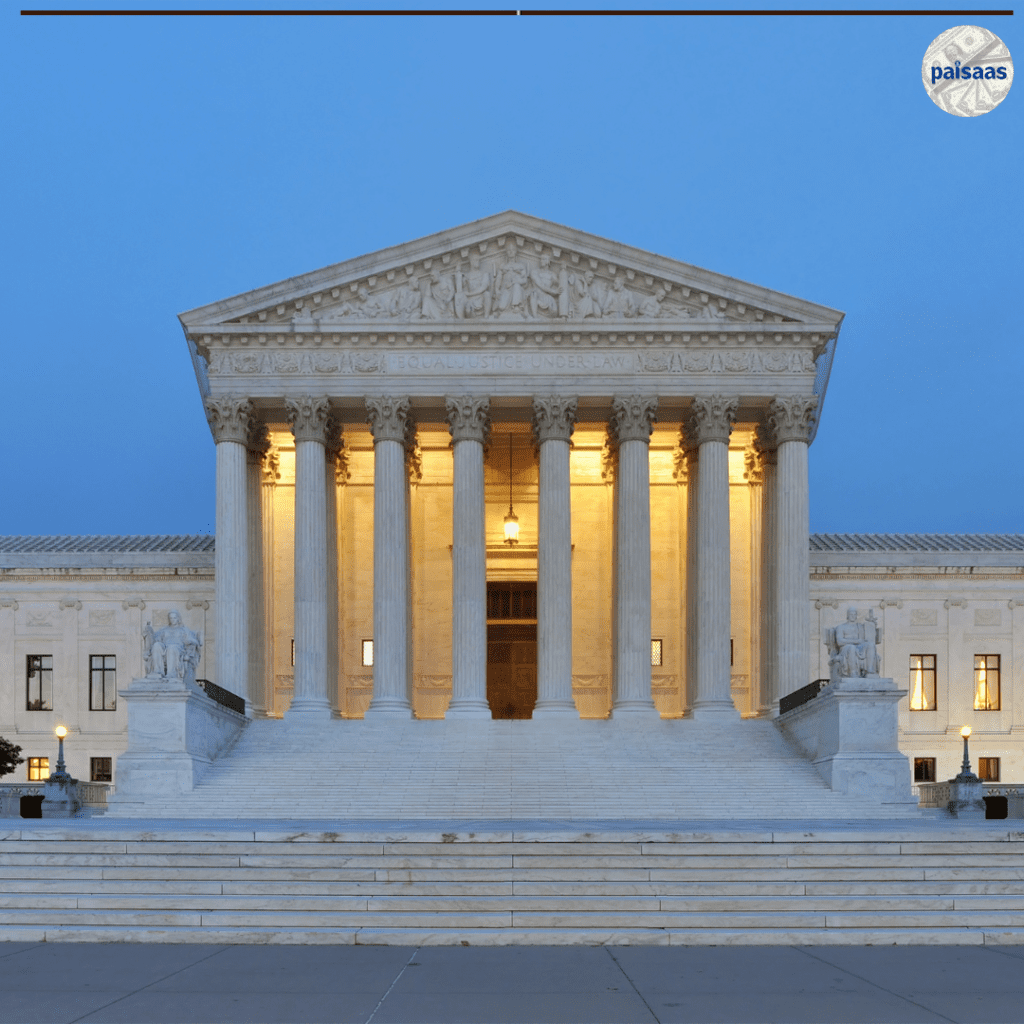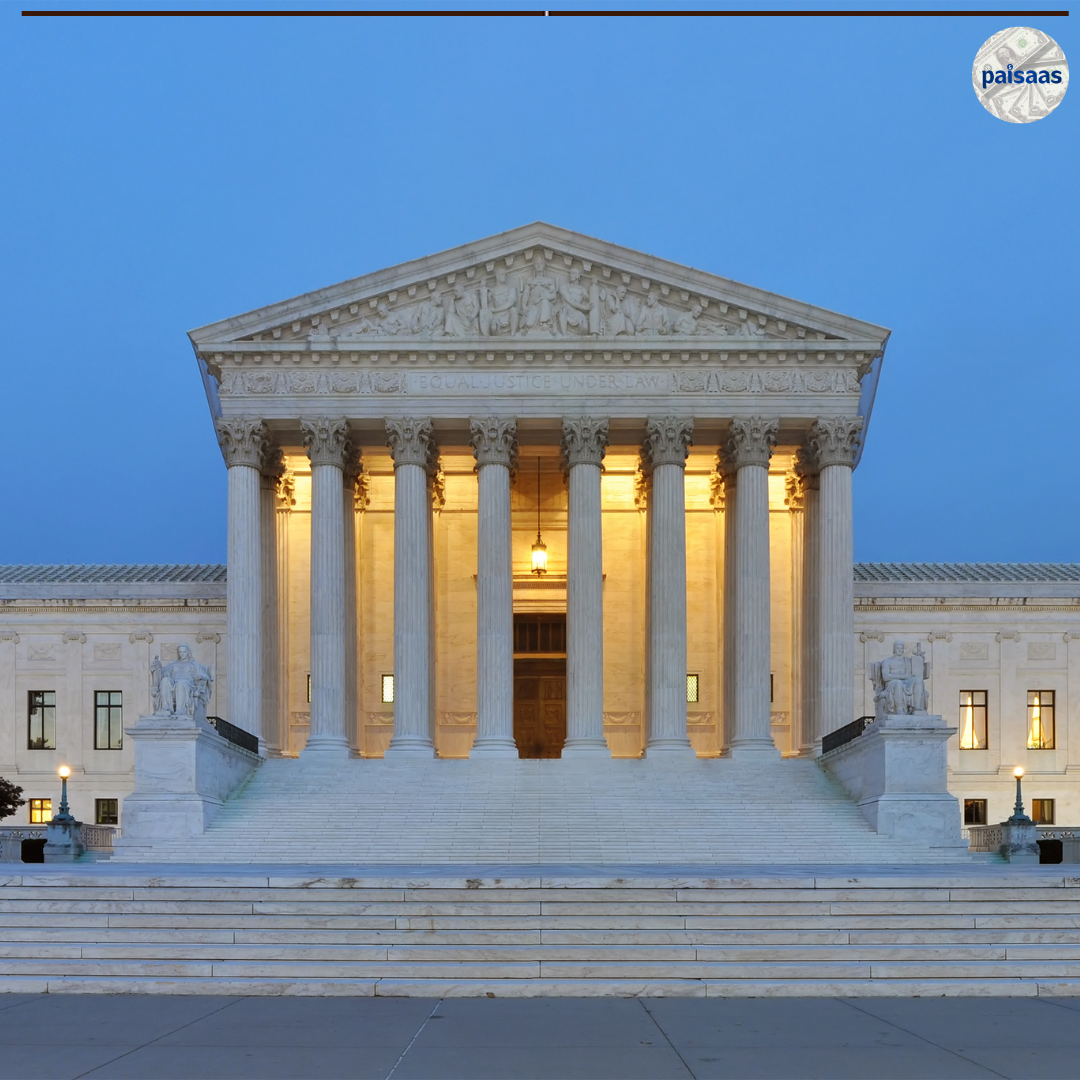

Theory That Would Have Changed American Elections is Rejected by the Supreme Court
Theory That Would Have Changed American Elections is Rejected by the Supreme Court
On Tuesday, the Supreme Court rejected a legal doctrine that would have drastically altered how federal elections are conducted by granting state legislatures basically unlimited authority to establish federal election laws and construct congressional maps that are distorted by partisan gerrymandering.
Chief Justice John G. Roberts Jr. wrote the majority opinion, which was 6 to 3. He asserted that the Constitution “does not exempt state legislatures from the ordinary constraints imposed by state law.”
Neil M. Gorsuch, Samuel A. Alito Jr., and Clarence Thomas all expressed their disagreement.
The “independent state legislature” theory was at issue in the case. The foundation for it is a reading of the Elections Clause of the Constitution, which states that “The times, places, and manner of holding elections for senators and representatives shall be prescribed in each state by the legislature thereof.”
The strongest version of the argument contends that no other state institutions, including judges, governors, election officials, and independent commissions, are able to influence a legislature’s decisions regarding federal elections.
Chief Justice Roberts disagreed with such viewpoint. The Elections Clause does not exempt state legislatures from using state judicial review as usual, he noted.
The idea, which was seen as extremist and hazardous by an exceptionally varied collection of lawyers, judges, and academics across the ideological spectrum, was decisively rejected by the verdict.
Election law experts issued a warning, however, noting that Tuesday’s decision increased the power of federal courts in the process and gave them the ability to review at least certain decisions made by state courts based on state law.
Chief Justice Roberts stated that in matters involving federal elections, “state courts do not have free rein” and are susceptible to review by federal courts. But he didn’t really elaborate on the type and scope of that oversight.
The chief justice stated in his letter that “the questions presented in this area are complex and context-specific.” Only, “we hold that state courts may not arrogate to themselves the power vested in state legislatures to regulate federal elections,” according to the normal limitations of judicial review.
The chief justice’s majority decision was joined by Justices Sonia Sotomayor, Elena Kagan, Brett M. Kavanaugh, Amy Coney Barrett, and Ketanji Brown Jackson.
The lawsuit won’t actually matter in the argument over North Carolina’s congressional election map that gave rise to it. The state’s Supreme Court has granted the Republican-controlled Legislature the right to redraw boundaries in whatever way it sees proper, guaranteeing that the final districts will be skewed by politics.
The Moore v. Harper, No. 21-1271 case involved a voting map created by the North Carolina Legislature following the 2020 census, which the state’s Supreme Court first disapproved as a partisan gerrymander. According to experts, the design would most likely produce a congressional delegation composed of 10 Republicans and 4 Democrats.
According to the state court, adopting the independent state legislature theory would be “repugnant to the sovereignty of states, the authority of state constitutions, and the independence of state courts, and would produce absurd and dangerous consequences.” The state court initially rejected the argument that it was not entitled to review the actions of the state’s Legislature.
Republicans argued in an emergency appeal that the state court was helpless to interfere in their attempt to restore the legislative map last year and requested the U.S. Supreme Court to get involved.The chief justice’s majority decision was joined by Justices Sonia Sotomayor, Elena Kagan, Brett M. Kavanaugh, Amy Coney Barrett, and Ketanji Brown Jackson.
The appeal for emergency intervention was denied by the courts, and the election in November was conducted on a map created by consultants chosen by a state court. This led to a congressional delegation of 14 people that was evenly split between Republicans and Democrats, approximately reflecting the partisan differences in the state.
The Republican lawmakers argued that the state court had no right to overrule the Legislature in their appeal to the Supreme Court of the United States. The boundaries of the idea appeared to be dividing, if not fracturing, the justices when the U.S. Supreme Court heard arguments in the case in December.
Following the November elections, the North Carolina Supreme Court‘s makeup changed, favouring Republicans by a ratio of 5-to-2. The new majority reversed direction, asserting that the Legislature was allowed to create gerrymandered voting districts as it saw right, a move that a dissenting justice termed a “shameful manipulation of fundamental principles of our democracy and the rule of law.”
In light of that development, many analysts had predicted that the U.S. Supreme Court would reject the case. But Chief Justice Roberts came to the conclusion that the Supreme Court still had jurisdiction over the case since it constituted a living issue.




